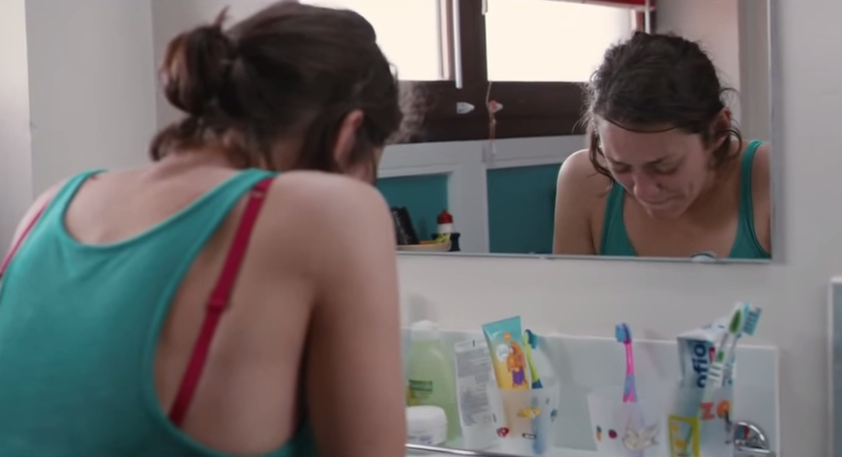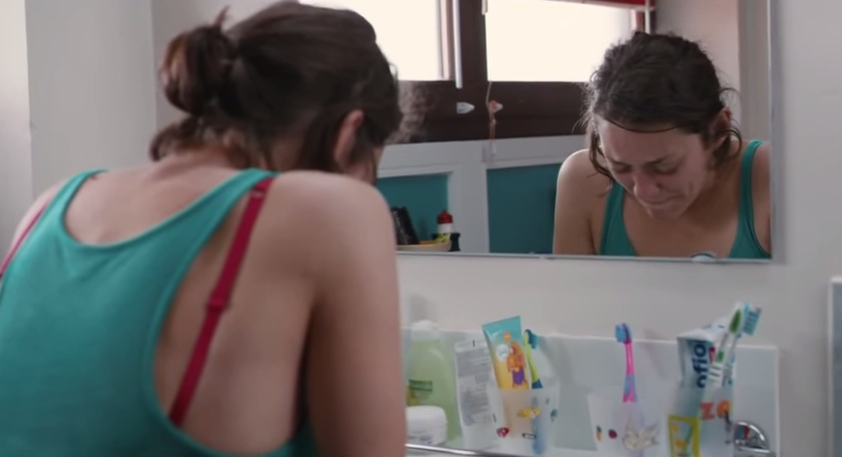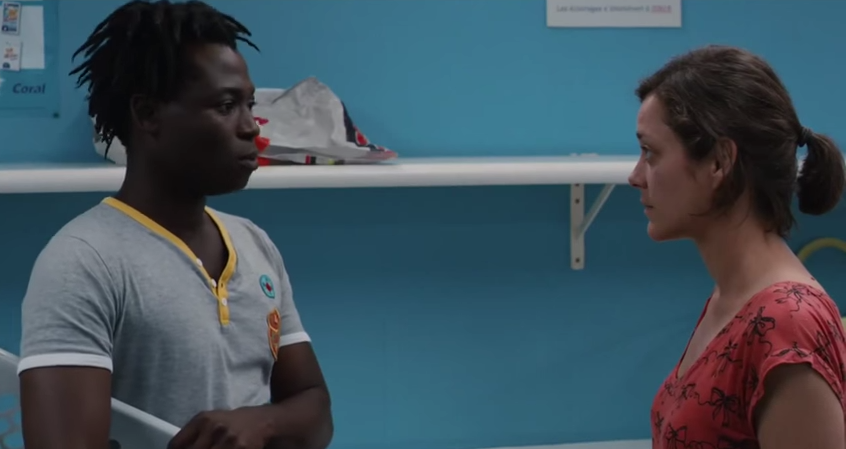Hollywood filmmakers don’t know what to do with Marion Cotillard.
Christopher Nolan used her as a source of exotic menace in Inceptionand The Dark Knight Rises, her purring accent and wide eyes inevitably burning with rage somewhere in the middle of each film’s third act. Michael Mann and Woody Allen wasted her as a stock muse type in Public Enemies and Midnight in Paris, respectively.
To American audiences, Cotillard is too often used as a representation of some vague, imposing foreignness. She is aloof, upper class, a go-to symbol of almost-mystically unattainable beauty.
Two Days, One Night, the latest from Belgian writer-directors Luc and Jean-Pierre Dardenne (The Kid with a Bike), inverts that persona to great effect, casting Cotillard as a working class mother coping with her job, her family and her crippling depression.
Sandra (Cotillard) is a line-worker at a plant that manufactures solar panels. After a vote is presented to her coworkers – get a $1000 bonus at the expense of Sandra’s job – Sandra, egged on by her husband, Manu (the very good Fabrizio Rongione, Violette), must spend a weekend tracking down her fellow employees and convincing them to vote her way.
Heaps of praise (and, as of yesterday, an Oscar nomination) have already been given to Cotillard’s performance. It is incredible, at once minutely nuanced and intensely physical. Her huge doe eyes take on a lived-in hollowness, and she seems to unfurl or hunch into herself with each turn of fortune. Her lithe body – often exposed in tank tops or cotton gowns – is vulnerable, brittle, constantly bracing itself for the next emotional assault, be it from a callous coworker or from within her own mind.
The film operates on a similar wavelength: The Dardennes direct with a neorealist candor that sometimes borders on minimalism. There is no score to speak of, and the action – really just a series of drives and curt conversations – is presented largely in long, unobtrusive takes.

Two Days, One Night
What the brothers accomplish is a stark externalization of Sandra’s barely-controlled depression. We don’t go inside her mind (or even, really, see through her eyes, with the brothers favoring pans, rather than reverse shots), but we do get a clear sense of how her world confronts her: The awkward, repetitive, cyclical patterns of conversation. The sharp, intrusive beep of a cell phone. The way the bright, breezy lighting of suburban Belgium never seems to quite reach Cotillard’s face.
These are the rhythms and feelings of depression, and the Dardennes effectively capture the unshakable sense of isolation and disconnect that accompany mental illness, even in recovery. This is a film about the rebuilding of a community, of a woman forcing herself to make connections in spite of a sickness – and an economic system – that actively fosters division.
It is, also, in its own way, about the rebuilding of an actress. Along with James Gray’s divisive The Immigrant, Two Days, One Night marks a step forward for the intensely talented Cotillard, a welcome break from the glossy vanity that is too often thrust upon her in favor of a profoundly affecting, deeply engrossing naturalism. In her deft hands, Two Days is a gracefully fraught portrayal of a woman rediscovering herself.





